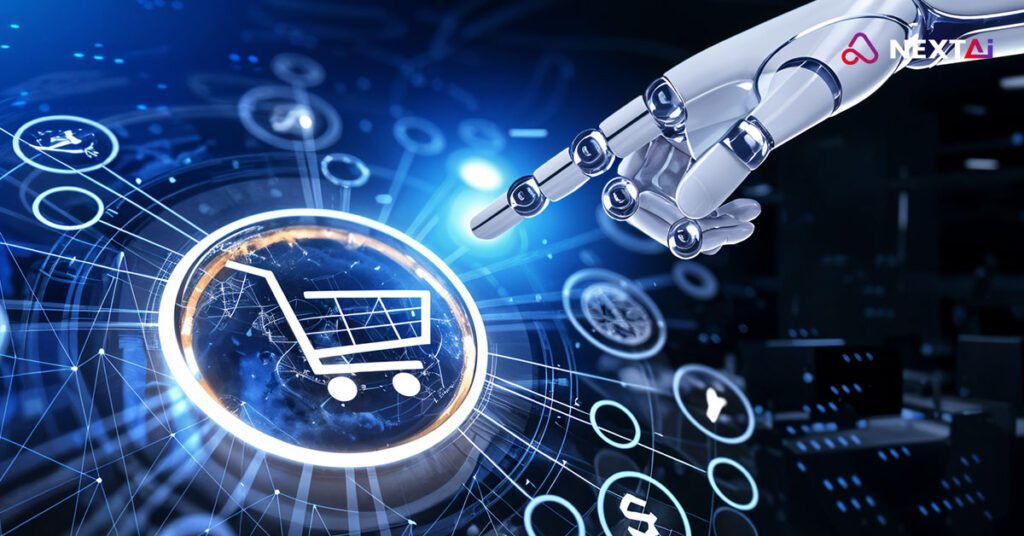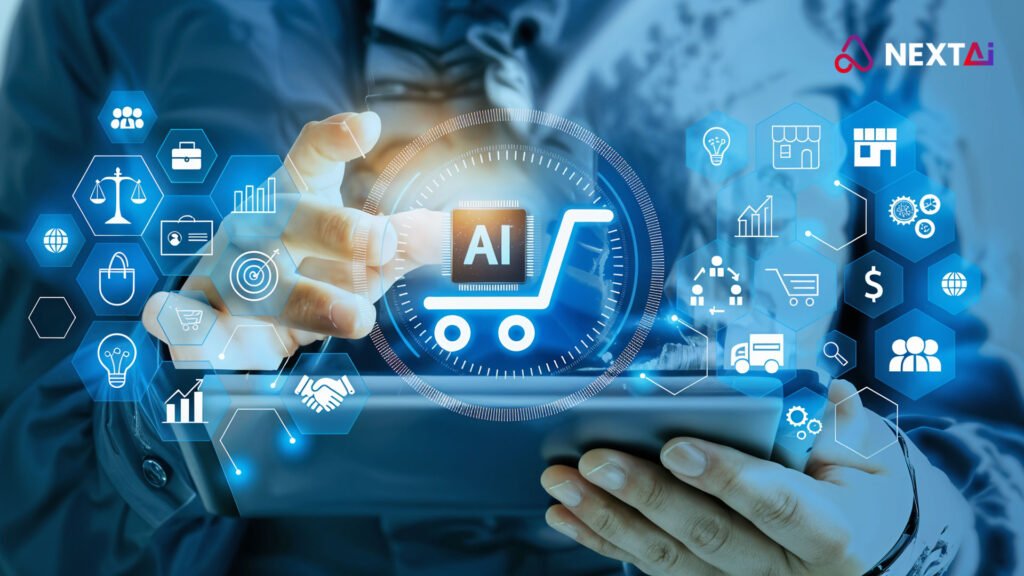
Could AI Trigger the Downfall of Tech Giants Like Amazon, Apple, and Google?
By Rajiv Rajkumar Bathija | AI and Tech Giants
As a visionary in Artificial Intelligence (AI) and technology, I’ve spent over 35 years observing how innovation shapes—and sometimes disrupts—the business landscape. AI, with its immense power to drive efficiency and innovation, is not only a tool for growth but also a potential disruptor for even the most dominant players in the tech world. In this article, I’ll explore how AI could redefine the rules of competition, creating vulnerabilities for tech giants like Amazon, Apple, and Google, and potentially leading to their downfall.

While AI has been a cornerstone of innovation for companies like Amazon, Apple, and Google, it also carries the potential to disrupt their dominance. Smaller, more agile competitors leveraging AI, evolving customer expectations, and decentralization could challenge these tech titans. Here’s how AI might act as both an opportunity and a threat to the biggest names in the industry.
1. Democratization of Technology Levels the Playing Field
AI is democratizing access to advanced technology, enabling startups and smaller companies to compete with industry giants. Tools for natural language processing, machine learning, and predictive analytics that were once exclusive to tech behemoths are now widely accessible through open-source frameworks and cloud platforms.
For instance, a startup using generative AI models can create products and services that rival those offered by Amazon or Google, without requiring massive infrastructure. This democratization allows smaller players to innovate quickly, potentially eroding the market share of established giants.
2. Decentralized AI Challenges Centralized Control
Decentralized AI technologies, such as blockchain-powered AI systems, could disrupt the centralized control that companies like Apple and Google currently wield over data and services. Decentralization empowers users by giving them more control over their data, reducing reliance on centralized platforms.
For example, decentralized search engines powered by AI could challenge Google’s monopoly by offering privacy-focused alternatives that reward users for sharing data. Similarly, decentralized AI marketplaces could disrupt app ecosystems controlled by companies like Apple, enabling developers to reach audiences directly without platform fees.
3. Erosion of Consumer Trust
AI-driven controversies, such as biases in algorithms or misuse of customer data, could erode trust in tech giants. Companies that fail to address ethical concerns in AI deployment may face public backlash, regulatory scrutiny, and a shift in customer loyalty.
For instance, if AI algorithms used by Amazon or Google inadvertently discriminate in product recommendations or hiring practices, it could lead to lawsuits and loss of consumer confidence. Smaller competitors that prioritize ethical AI practices could capitalize on this loss of trust, further challenging the dominance of major players.
4. Hyper-Personalization Leads to Fragmentation
AI’s ability to enable hyper-personalized experiences is a double-edged sword. While it enhances customer engagement, it also enables niche competitors to cater to specific consumer segments, fragmenting markets traditionally dominated by tech giants.
For example, specialized AI-driven e-commerce platforms could provide tailored shopping experiences that outshine Amazon’s one-size-fits-all approach. Similarly, AI-powered health apps focusing on specific demographics could challenge Apple’s HealthKit ecosystem, capturing users who prefer niche solutions.
5. Accelerated Innovation Outpaces Established Players
AI accelerates the pace of innovation, and companies that fail to adapt quickly risk falling behind. Smaller, more agile companies leveraging AI can innovate faster than large corporations burdened by legacy systems and bureaucracy.
For instance, a nimble startup using AI to develop cutting-edge augmented reality (AR) experiences could outpace Apple’s AR initiatives. Similarly, cloud service providers offering AI-enhanced tools could challenge Amazon Web Services (AWS) by offering superior performance or cost efficiency, eroding Amazon’s dominance in the cloud computing space.
6. AI as a Catalyst for New Business Models
AI is enabling entirely new business models that could disrupt traditional revenue streams for tech giants. For example, AI-driven subscription models, decentralized platforms, and pay-per-use services challenge the ad-revenue and ecosystem-centric models that companies like Google and Apple rely on.
For instance, AI-driven platforms that monetize user contributions or offer rewards for data sharing could shift user engagement away from ad-centric platforms like Google. Similarly, subscription-based AI services could rival Apple’s app store ecosystem, creating new competitive dynamics.
7. Ethical AI and Regulatory Challenges
Governments worldwide are implementing regulations to address the ethical implications of AI, and companies that fail to comply may face hefty fines and operational restrictions. While tech giants have the resources to navigate these challenges, regulatory scrutiny could still slow them down, creating opportunities for competitors.
For instance, regulations around data privacy or algorithmic transparency could force companies like Amazon and Google to overhaul their systems, giving smaller competitors a window to innovate and capture market share with compliant, user-friendly solutions.
8. AI-Driven Disruption in Supply Chains and Distribution
AI is transforming supply chains, enabling smaller players to optimize logistics and compete with established giants. Tech giants like Amazon, which rely heavily on supply chain efficiency, could face competition from AI-powered platforms that level the playing field.
For example, AI-driven local fulfillment networks could rival Amazon’s logistics empire by offering faster, more sustainable delivery options. Similarly, manufacturers adopting AI for direct-to-consumer models could bypass traditional retail giants, reshaping the distribution landscape.
Final Thoughts: The Double-Edged Sword of AI
While AI has been instrumental in the rise of tech giants like Amazon, Apple, and Google, it also carries the seeds of disruption that could challenge their dominance. As AI democratizes access to technology, enables decentralization, and accelerates innovation, it opens the door for competitors to redefine markets and capture value.
As someone who has advised industry pioneers like Elon Musk and Peter Thiel, I see AI as a force that not only drives growth but also demands adaptability. The companies that succeed in this AI-driven future will be those that embrace change, prioritize ethics, and continuously innovate. For tech giants, staying on top will require more than technological prowess—it will demand visionary leadership, agility, and a commitment to building trust in an increasingly competitive landscape.
If you’re interested in understanding how AI can disrupt your industry or create new opportunities, let’s connect. Together, we can navigate the transformative potential of AI and build strategies for success in the age of disruption.
#ArtificialIntelligence #RajivRajkumarBathija #TechDisruption #Amazon #Google #Apple #AIInnovation #Fintech #DecentralizedAI  Author: Rajiv Rajkumar Bathija
Author: Rajiv Rajkumar Bathija
